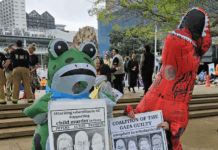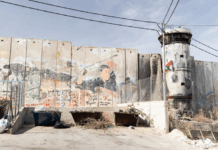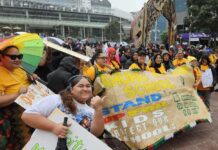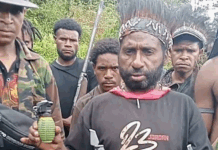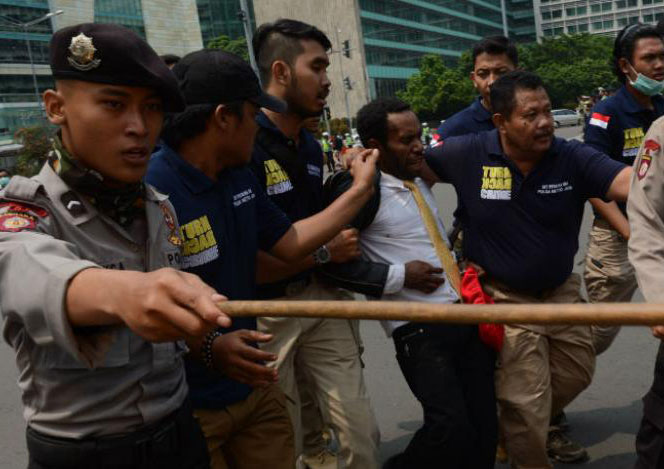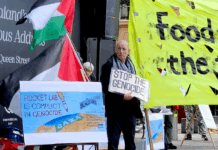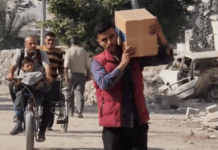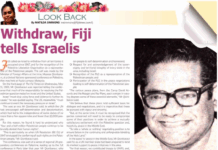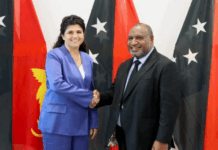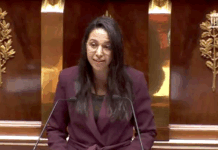Reporters Without Borders (RSF) has called on Indonesia’s authorities to stop violating the rights of journalists in West Papua, where the Jayapura police prevented reporters from covering a peaceful demonstration in support of the United Liberation Movement for West Papua on May 2- the eve of World Press Freedom Day.
The authorities must respect the rights of journalists to freely report events in West Papua (the western half of the island of New Guinea) even when journalists are covering protests by the Papuan population, RSF said in a statement.
After hundreds of protesters were arrested in various parts of the city, they were assembled in a compound in front of the police mobile brigade headquarters in Kotaraja, Jayapura, from which reporters who wanted to cover their arrest were driven back by about 20 policemen wielding wooden batons.
One of them said Police Commissioner Mathius Fakhiri had given them specific instructions to prevent reporters from covering how the police were treating the detainees, who were ordered to remove their clothes and shoes while standing in the square.
Ardi Bayage, a journalist working for the Suarapapua.com news website, was arrested at the same time as other protesters although he showed his press card to the police. They authorities, who accused him of lying, broke his mobile phone and took him to the mobile brigade’s headquarters, where he was held for several hours.
Benjamin Ismaïl, the head of RSF’s Asia-Pacific desk, said:
“We condemn this violence and censorship of local journalists, whose coverage of these demonstrations was in the public interest.
“President Joko Widodo’s promises now sound emptier that ever. After the recent banning of a French journalist who had been reporting in West Papua in a completely legal manner, we now have yet further evidence that the authorities continue to censor and control media coverage arbitrarily.”
The West Papuan authorities are still censoring all reporters covering Papuan self-determination movements, and carrying out discrimination and human rights violations.
In January, RSF condemned Indonesia’s ban on further visits by French journalist Cyril Payen, after France 24 broadcast a report by him from West Papua.
The authorities also target local journalists and fixers working for foreign journalists and those who act as their sources.
Abeth You, a journalist working for the Tabloidjubi.com website, was attacked by police on 8 October 2015 while covering a demonstration in Jayapura by a group called Solidarity for Victims of Human Rights Violations in Papua. Police arrested and questioned two fixers working for a French journalist.
Indonesia is ranked 130th out of 180 countries in RSF’s 2016 World Press Freedom Index after its performance score fell by nearly a point from 2015.



